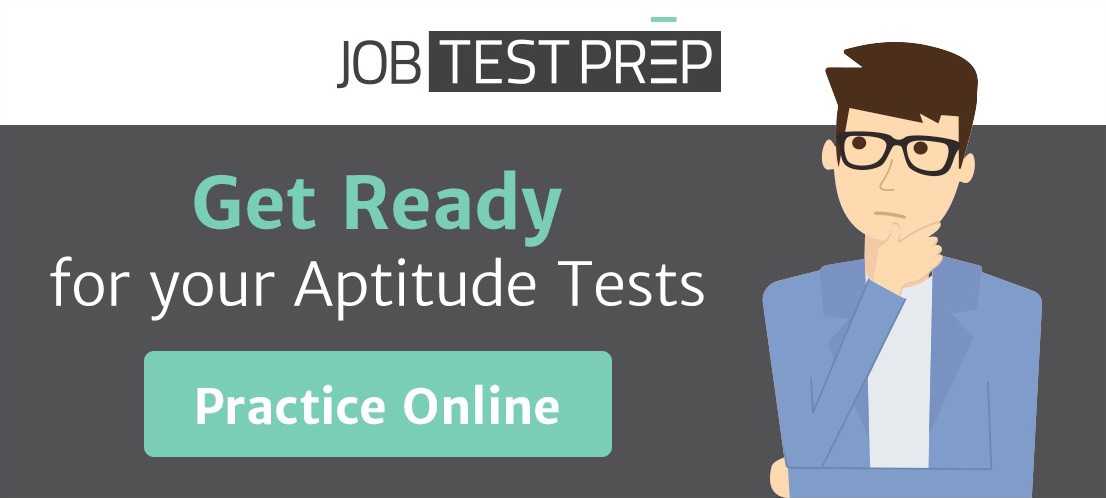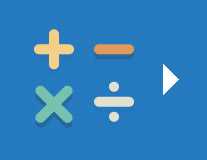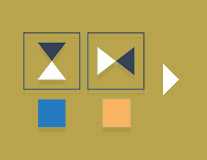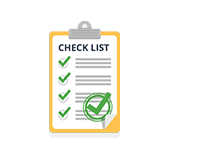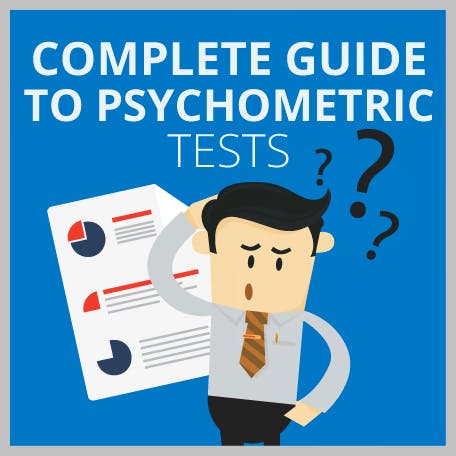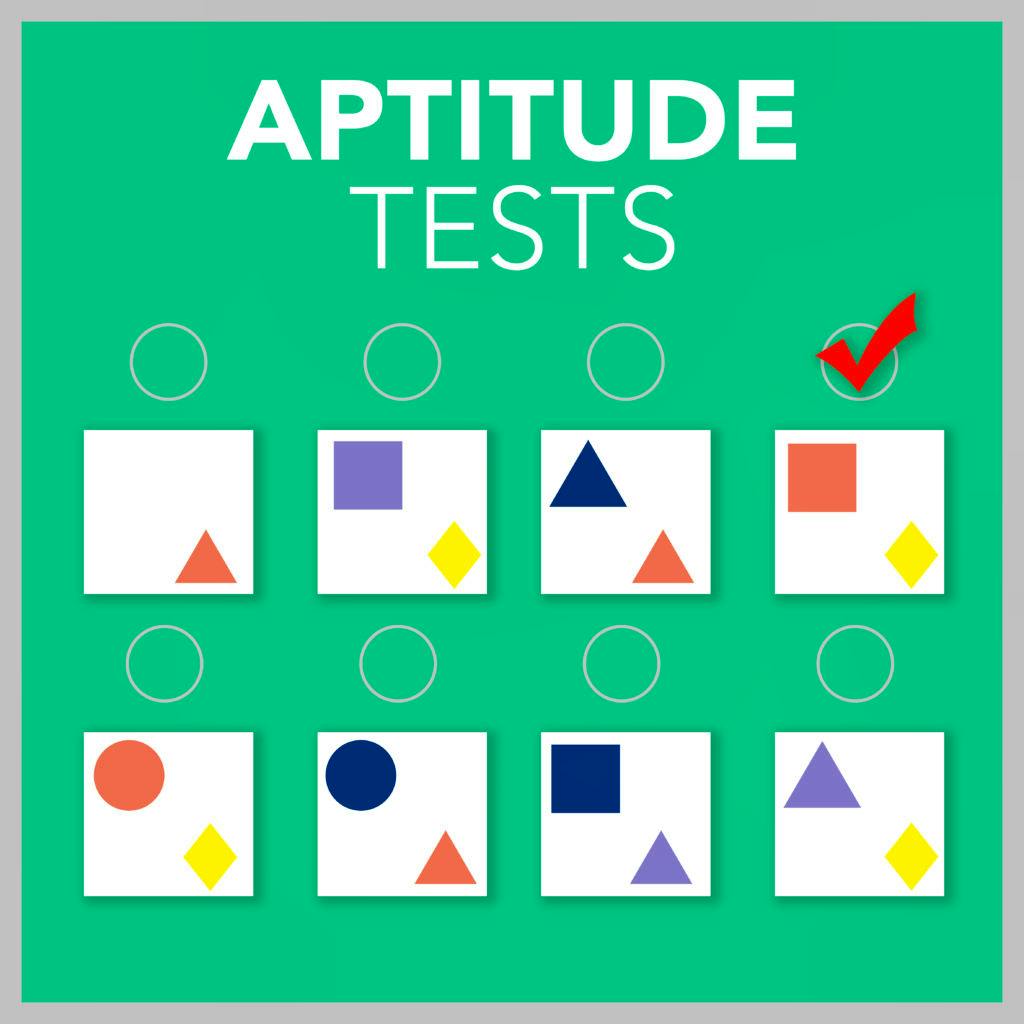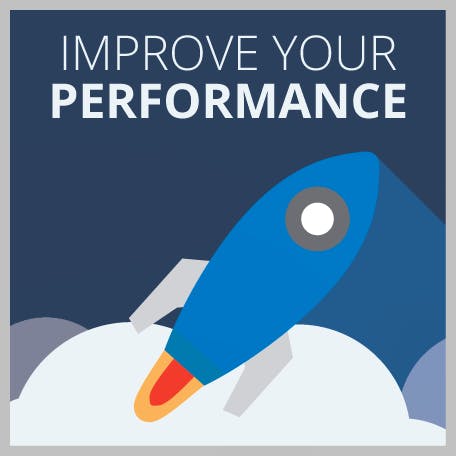Talent Q Test: Ultimate Guide
Updated May 31, 2024
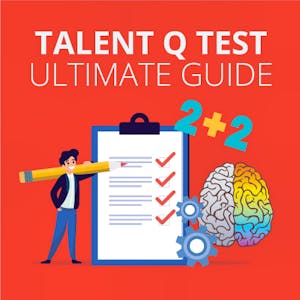
- What Is the Talent Q Test?
empty
- What Are the Different Types of Talent Q Test?
empty
empty
empty
empty
empty
- How Are the Talent Q Tests Different From Other Assessments?
- Talent Q Practice Tests – Example Questions
empty
empty
empty
empty
empty
- How Do Talent Q Tests Work?
- Frequently Asked Questions
- Final Thoughts

Talent Q is a popular psychometric test provider used by employers worldwide to identify and develop top talent.
There are several test types published under the Talent Q name including numerical, verbal and logical reasoning, error checking, situational judgement tests and personality questionnaires.
Talent Q tests can be blended into custom assessments to suit a wide range of roles at varying levels of employment.
What Is the Talent Q Test?
The Talent Q test, or Talent Q assessment, is a term that refers to a collection of aptitude, performance and personality tests administered by the global consulting group, Korn Ferry.
Talent Q tests span five areas of assessment:
- Cognitive ability
- Competencies
- Situational judgement
- Motivations
- Personality
They are commonly used to evaluate a candidate’s skills and job readiness in the early stages of recruitment.
Employers may also use a Talent Q psychometric test when looking to promote internally or to inform employee development.
Talent Q tests are increasingly popular with a range of employers because of the way they are designed, offering test flexibility and a reliable indicator of an applicant’s full potential.
Which Companies Use the Talent Q Test?
Talent Q tests are used by an increasing number of organizations due to their accuracy, versatility and reliability. Some of the major global employers known to make use of the Talent Q test library include:
- RBS
- Virgin Atlantic
- Royal Mail Group
- Lloyds Banking Group
- Ford
- B&Q
- Citi
- AstraZeneca
What Are the Different Types of Talent Q Test?
Talent Q Elements Test
Elements is a series of aptitude tests used to assess how capable you are of performing certain job functions based on your natural aptitude.
There are three different tests in this series:
- Talent Q Elements Numerical – This is a numerical reasoning test that measures your ability to interpret and draw conclusions from unfamiliar data sets.
- Talent Q Elements Verbal – In the verbal reasoning test you‘ll need to draw conclusions from written information, analyzing text for assumptions, inferences and facts.
- Talent Q Elements Logical – The third test looks at logical reasoning and problem-solving skills by asking you to complete a number of abstract puzzles.
The Talent Q Elements series is designed to be used at a graduate and professional level, though is also suitable for managerial-level recruitment.
Talent Q Aspects Test
The Aspects series is geared towards customer service roles and has two dimensions – Aspects Ability and Aspects Styles.
Three test types exist within Aspects Ability: a verbal test, a numerical test and an error checking test.
Aspects Styles is a questionnaire that looks at your core competencies and how well suited you are to the service industry.
The competencies measured include things like:
- Teamwork
- Resourcefulness
- Stress tolerance
- Organization
- Interpersonal skills
Talent Q Motivational Test
This test focuses on your values, working preferences and key drivers. It helps employers better assess culture fit and how likely you are to find motivation in the job on offer.
It looks at four main areas:
- How you approach professional development
- How you approach personal development
- How you prefer to interact with colleagues
- What factors contribute to your sense of job satisfaction
Questions are presented as a series of statements, which you'll rank from extremely important to not important.
Talent Q Dimensions Test
The Talent Q Dimensions test is similar to the Motivations test. It too uses a series of statements that refer to certain aspects of your character, which you'll rank from very true to untrue.
There are three areas of focus in the Talent Q Dimensions test:
- People and relationships – How well you interact with others and your ability to form effective working relationships
- Tasks and projects – How you manage your workload and approach new tasks
- Drives and emotions – What drives you, how adaptable you are and how you cope under pressure
Talent Q Situational Judgement Test
Talent Q offers two versions of its situational judgement test.
The first is more akin to what you’re probably used to. You’ll work through a selection of hypothetical scenarios, picking what you see as the best course of action from a number of possible responses.
The second version is adaptive. This means the response option you choose will determine what happens next, making it a much more realistic representation of an evolving workplace scenario.
How Are the Talent Q Tests Different From Other Assessments?
Talent Q tests were developed back in 2006 by Roger Holdsworth, an occupational psychologist and co-founder of SHL, another well-known name in psychometric testing.
Holdsworth and his team designed the tests to be more versatile and capable of meeting the needs of different employers hiring for a range of different roles.
For that reason, you’ll find Talent Q tests are a little bit different from other psychometric tests you may have come across.
First, they are adaptive. This means that when Talent Q assessment answers are given correctly, the next question increases in difficulty – and vice versa when answers are incorrect.
Second, they are particularly challenging. Cognitive ability tests, like the Talent Q verbal reasoning test, for example, are taken under tight timed conditions, with allowances ranging from six to 16 minutes.
Questions also contain red herrings – details purposefully included to distract you.
Finally, they are designed to be blended. While each test can be used on its own, it is more common to see employers use a combination of test types, for example, blending a Talent Q verbal test with a Talent Q numerical test and a personality questionnaire.
Talent Q Practice Tests – Example Questions
Below you’ll find a selection of Talent Q test example questions, given for a variety of test types.
Try and complete these yourself before looking at the Talent Q assessment answers given.
Talent Q Verbal Test Example Question
High-intensity focused ultrasound (HIFU) is a form of non-invasive surgery.
It works by concentrating high-intensity ultrasound waves on a specific part of the human body to burn tissue, much like you can concentrate the sun’s rays through a magnifying glass to burn a piece of paper.
HIFU waves are harmless until they merge together. This allows for pinpoint deep tissue surgery without causing harm to the surrounding healthy tissue.
As it is a non-invasive surgery it does not require any incisions to be made. Because of this many patients receive HIFU treatment without the use of anesthetics and are discharged on the same day as their operation.
How does HIFU enable the same-day discharge of patients?
a) It does not require incisions to be made
b) It does not harm surrounding healthy tissue
c) HIFU waves are harmless until they merge together
d) It allows for pinpoint deep tissue surgery
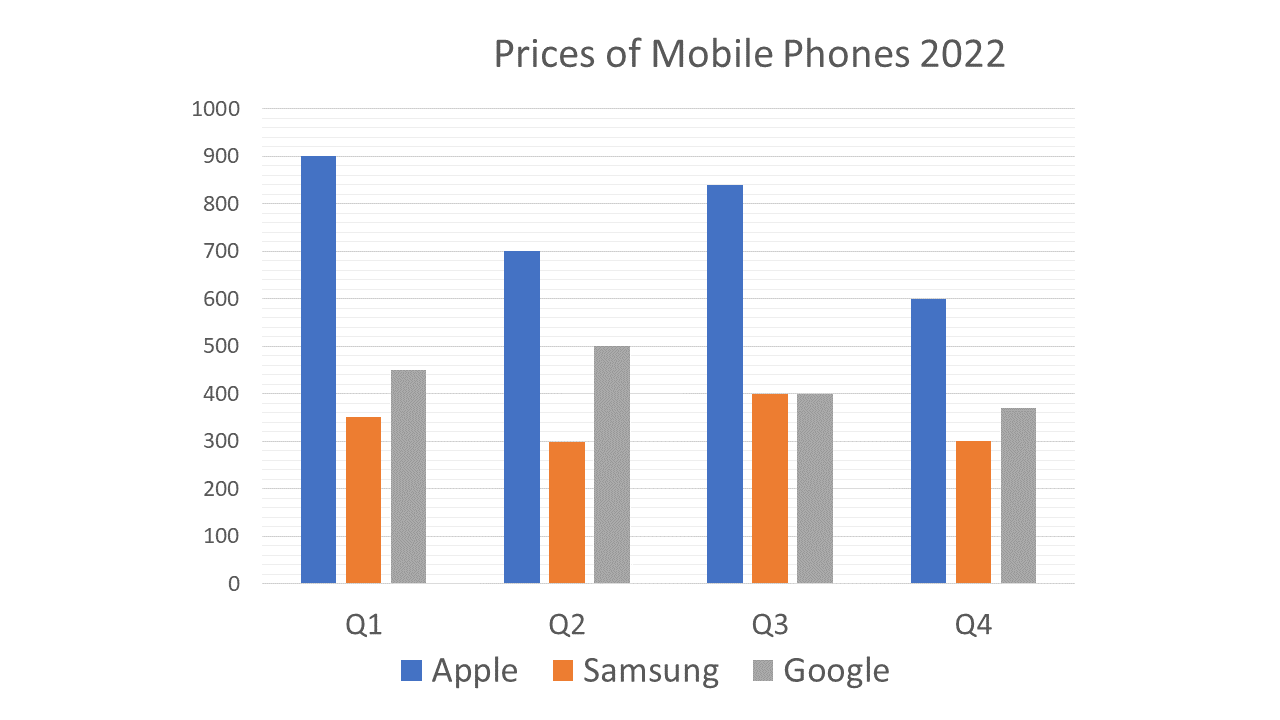
What is the average price of the Apple mobile phone in 2022?
a) $620
b) $760
c) $900
d) $440

Which answer option can replace the question mark to complete the pattern?
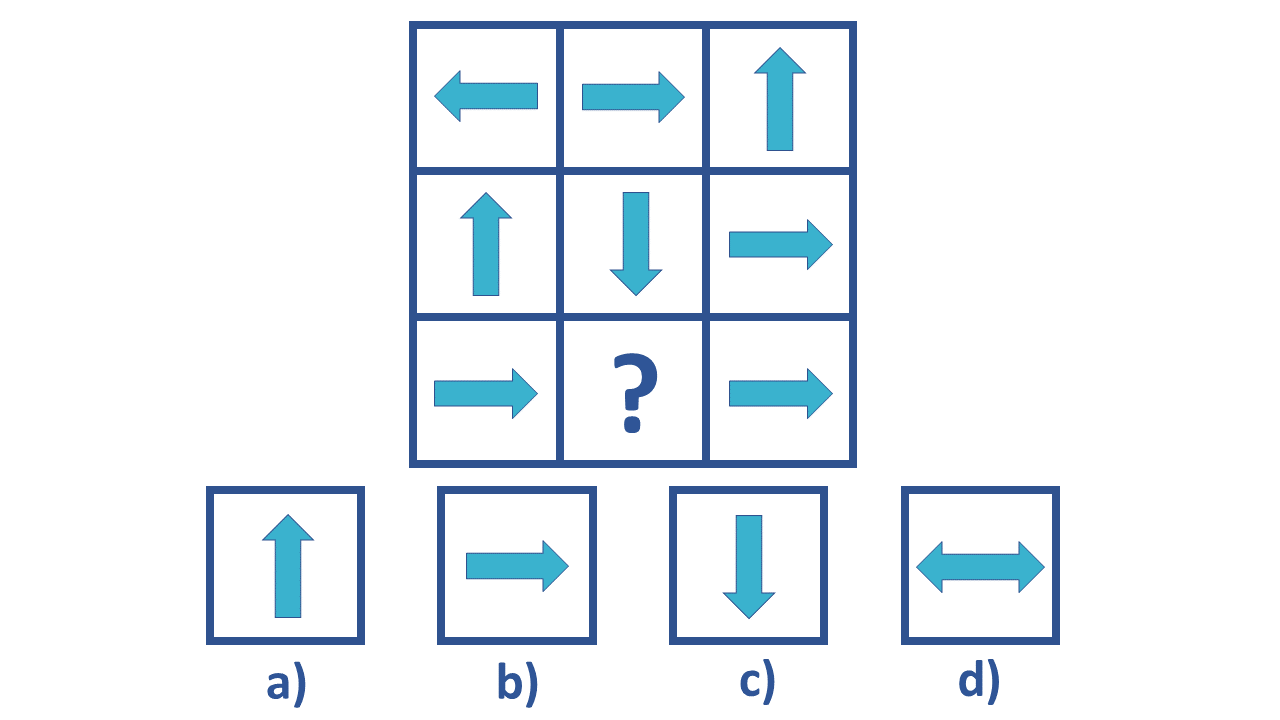
Find the pair of information which is not the same.
| Customer | Order Number | Customer | Order Number |
|---|---|---|---|
| Mr Blythe Smithe | GT5RVX | Mr Blythe Smithe | GT5RVX |
| Mrs Gideon Crumb | BN5l8r | Mrs Gideon Crumb | BN5l8r |
| Ms Florence Batt | GR5tVL | Ms Florence Batt | GR5tVL |
| Mr Terrence Border | Po90ybq | Mr Terence Border | Po90ybq |
| Miss Leira Cordiel | bBju45z | Miss Leira Cordiel | bBju45z |
Rate each option on how true it is for you at work based on the following scale:
Completely True | True | Neither True nor Untrue | Untrue | Completely Untrue
- I am never late to work
- I get annoyed by my colleagues regularly
- I think the customer is always right
- The tidiness of my workspace is important to me
- I think happiness at work is more important than money
If you need to prepare for a number of different employment tests and want to outsmart the competition, choose a Premium Membership from TestHQ.
You will get access to three PrepPacks of your choice, from a database that covers all the major test providers and employers and tailored profession packs.
How Do Talent Q Tests Work?
If a recruitment process requires you to take a Talent Q test you will usually be sent a remote link by the hiring team. This means you can complete your assessment from any suitable location with a stable internet connection.
Make sure this is a quiet space so you can give the Talent Q test your full attention.
Cognitive ability tests are best taken on a laptop or desktop computer, simply because of the complexity of the questions and the level of detail.
Cognitive ability tests are also timed. The number of minutes allowed varies between test types, as does the number of questions. For example:
- Talent Q numerical test – Elements numerical is a 16-minute test with 12 questions, whereas Aspects numerical is a 10-minute test with 12 questions.
- Talent Q verbal test – Elements verbal has 15 questions and a 16-minute time frame, while Aspects verbal has 12 questions and eight minutes.
In all cases, you will be allocated a certain amount of time per question.
All questions are multiple-choice and because the tests are adaptive there is no option to skip. You must provide an answer for the next question to be generated. If you fail to provide an answer because you run out of time, the next question you face will be slightly easier.
In some cases, your prospective employer may ask you to take your Talent Q test at an appointed test site, or to verify your skills by taking a second Talent Q test as part of an assessment center.
There is no time limit for the Dimensions, Motivations, Aspects Styles or the Talent Q situational judgement test.
There are also no right or wrong answers here. These assessments are designed to uncover your behaviors, values and personality traits.
It’s important to note that there are no pass or fail scores applied to Talent Q tests. Your results will be compared to those of a normative group and your fellow applicants. It is down to the hiring team to determine if your scores are competitive enough to see you through to the next stage.
If you have any questions or concerns about your Talent Q test, reach out to your recruitment contact or the hiring organization’s HR department.
Frequently Asked Questions
The Talent Q test is a psychometric assessment used for both recruitment purposes and employee development.
There are many different types of assessment under the Talent Q umbrella including verbal, numerical and logical reasoning tests, personality questionnaires and situational judgement tests.
Usually, an employer will choose to combine a number of these tests into a blended assessment, so there is no fixed structure for a Talent Q test.
Talent Q tests are adaptive, meaning the better you perform the harder they become. This is so an employer gets a clear picture of where your maximum capability lies.
Their difficulty is increased however through the inclusion of irrelevant and distracting details and the limited time you have to complete them.
The key is to familiarize yourself with the test format and question types. You’ll find plenty of Talent Q assessment practice free online.
You can take Talent Q practice tests free via the Try Talent Q website.
Here you’ll find practice tests for Elements verbal, numerical and logical, as well as Aspects Ability error checking.
You can also use other online resources like the free practice aptitude tests found on TestHQ.
How long you get to complete your Talent Q test will depend on its design. The individual Elements and Aspects tests range from six to 16 minutes.
Questionnaire-style tests like Dimensions, Motivations and Aspects Styles do not have a time limit.
Each Talent Q test measures a different set of skills, so question types vary depending on which test you’re taking.
When preparing for your Talent Q tests you’ll likely need to practice for a combination of numerical, verbal and logical questions.
Practicing a variety of free Talent Q test example questions will help familiarize you with different question types.
On the cognitive ability tests all questions are multiple-choice. For personality tests, questions take the form of ranked statements.
It’s impossible to state an average score for a Talent Q test since each assessment is unique and the normative group your score will be compared with is subject to change.
When you receive your score report you’ll see a category ranking for each individual test taken. This ranges from A to E, with A being well above average and E well below.
Talent Q tests do not have pass/fail criteria so no, technically speaking you cannot fail one.
However, the employer that has administered the test will probably have a benchmark score it expects all promising candidates to achieve.
You may be able to obtain information on this by getting in touch with HR or your appointed recruitment contact if you have one.
It’s unlikely you’ll be given the opportunity to retake your Talent Q test. These assessments are usually administered as pre-employment screening tools, and your prospective employer will consider your results alongside those of your fellow applicants.
This means that if your scores aren’t competitive it’s likely to be the end of your application journey. However, you may be given a chance to retake under extenuating circumstances.
There are a number of roles for which you might be asked to take a Talent Q test. The Elements series is used widely in graduate recruitment by big-name employers like AstraZeneca, Citi and the Lloyds Banking Group.
Talent Q Aspects is also a popular test series with employers operating in customer service industries.
Talent Q tests use machine learning and adaptive algorithms, which means they can only be taken online. Depending on the employer and your circumstances this may be in a remote location of your choice or at an appointed test center.
The Try Talent Q website has plenty of information on what to expect from your Talent Q test and how to prepare for it. It also offers a number of Talent Q practice tests.
TestHQ is also a useful resource, with free practice questions for all the test types you’ll encounter in a Talent Q assessment.
Final Thoughts
Talent Q tests are said to be a reliable predictor of future job performance and help employers find the most promising talent for their organization.
With that in mind, it’s important you put in a strong performance when asked to take one.
While their design may be purposefully complex, it’s nothing that practice can’t prepare you for.
By doing your research and taking plenty of Talent Q practice tests you can make yourself stand out as a candidate who is well worth considering.

